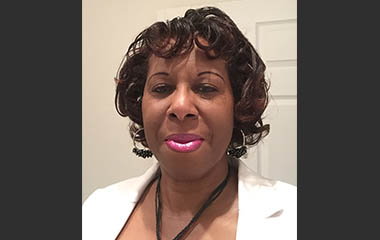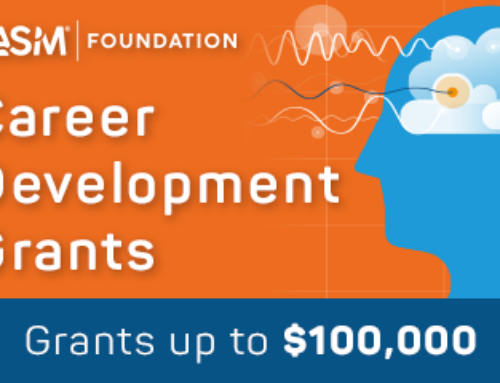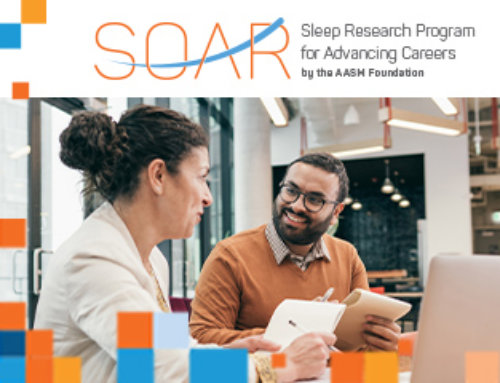Marietta B. Bibbs, RPSGT, has been a Gold Level donor for the past two years and was a member of the 2018-2019 AASM Scoring Manual Editorial Board. Ms. Bibbs is a system manager for Sleep Disorders Services and clinical research coordinator at BayCare Health System in Florida. She has worked in sleep disorders technology for more than 40 years and has presented on sleep technology and sleep education worldwide. Ms. Bibbs has written more than 170 publications on sleep disorders and started one of the first certified training programs in Florida. The AASM Foundation appreciates Ms. Bibbs’ extensive knowledge and generous spirit, as she is a true asset to the sleep field.
Why are you passionate about clinical research?
Clinical research is the catalyst that boosted my career in sleep medicine as well as many other sleep clinicians and sleep technologists. When I started working in sleep disorders technology, there was more clinical research being done than sleep studies to diagnose sleep disorders. I was fortunate enough to assist leading clinical researchers (e.g. Max Hirshkowitz, Ismet Karacan, Catesby Ware, Sabri Derman, Robert L. Williams and many others), who were instrumental in publishing much of the data that is still used today, e.g. normal sleep values. Clinical research in sleep medicine is an integral part of the growth in the field and recognition of sleep disorders. It is important for us to support the Foundation’s efforts to keep sleep medicine and sleep disorders in a position of prominence in the overall care of patients.
How has clinical research in sleep disorders impacted your career?
I was involved in numerous research projects because of my years working at Baylor College of Medicine and the Michael E. DeBakey VA Medical Center. Thanks to this experience, I was able to bring the first clinical trial into the sleep center in my current position in Clearwater, FL.
The AASM Foundation recently announced a new strategic plan. What do you think about our new goals and initiatives?
The Foundation’s new strategic plan is on target for the current healthcare environment, especially as it relates to sleep medicine. Focusing on high impact research that will improve patient-centered care and that is also cost effective is extremely important in the in-patient hospital setting. This goal can assist sleep clinicians in advancing knowledge within their institutions about the importance of recognizing and treating sleep disorders. Additionally, research on patient-centered care can impact readmissions and length of stay.
The strategic plan can further impact the technical side of sleep medicine by funding projects which focus on reimbursement for sleep educational services similar to what is done for diabetes and asthma educators. A research project on educational interventions could immediately impact co-morbid conditions that are associated with untreated sleep disorders.
As someone who has experienced many advancements in the diagnosis and treatment of sleep disorders, what innovations do you see happening in the near future?
I am hopeful that patients will become more engaged in their care and realize that sleep is as important as eating and exercising in prevention of disease. I can see that telemedicine will play an important role in reaching patients, especially as millennials start to age and develop sleep disorders. Young people will rely more on talking with physicians though technology rather than in-office visits. Having a greater footprint in social media platforms will only increase the number of patients seeking help with their sleep disorders.






